|
Sometimes, the bookshelf is stocked with wide-ranging topics. Other times the books seem to form clusters. Maybe it's just a question of what's interesting: a rash of murder-mysteries, a brace of biographies, a deep delve into orbital mechanics. Or perhaps just luck of the draw. For the past year or so, I have read many stories about the London Blitz and also about the female spies of World War II.
This historical moment –– the bombing of civilians and the endurance of those citizens –– is sadly not unique to the British. It's happening right now, of course. Terrible things happen again and again. With the Blitz, I suppose part of the pleasure is knowing that it ended. And that the bad guys did not win. With this setting, I've been enjoying a whole host of novels and the odd non-fiction volume. Here's a trio of recommendations:
I haven't yet had my fill of Blitz stories –– and espionage-by-women tales, the topic for another day –– if anyone has recommendations?
2 Comments
Jon
11/5/2019 03:42:13 pm
Love that Sarah Waters!
Reply
Amy
11/6/2019 10:17:09 am
Me too, Jon. Thanks for stopping by!
Reply
Leave a Reply. |
About the Blog
A lot of ground gets covered on this blog -- from sailboat racing to book suggestions to plain old piffle. FollowTrying to keep track? Follow me on Facebook or Twitter or if you use an aggregator, click the RSS option below.
Old school? Sign up for the newsletter and I'll shoot you a short e-mail when there's something new.
Archives
June 2024
Categories
All
|
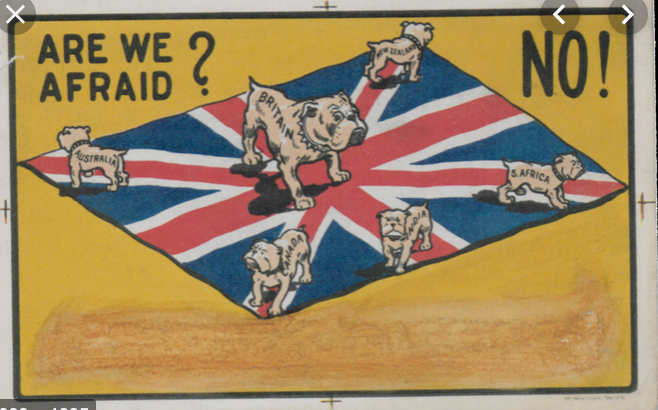

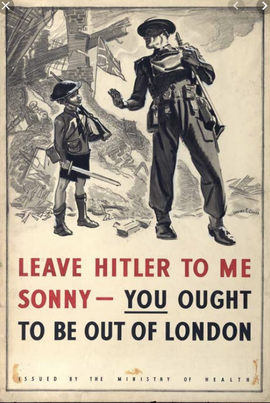
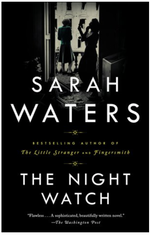
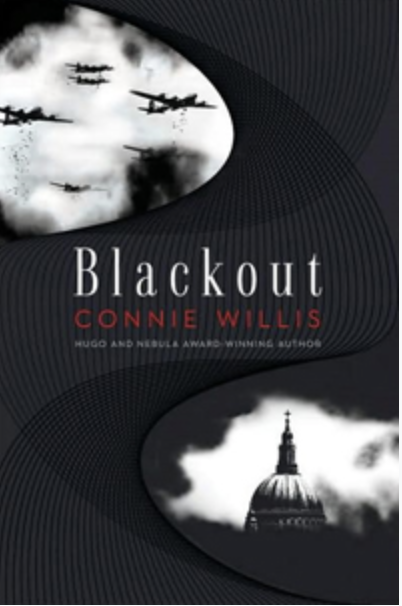
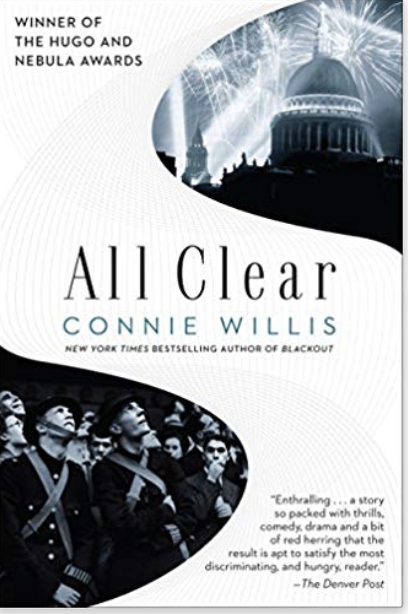
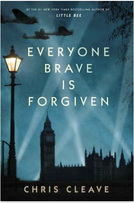
 RSS Feed
RSS Feed
